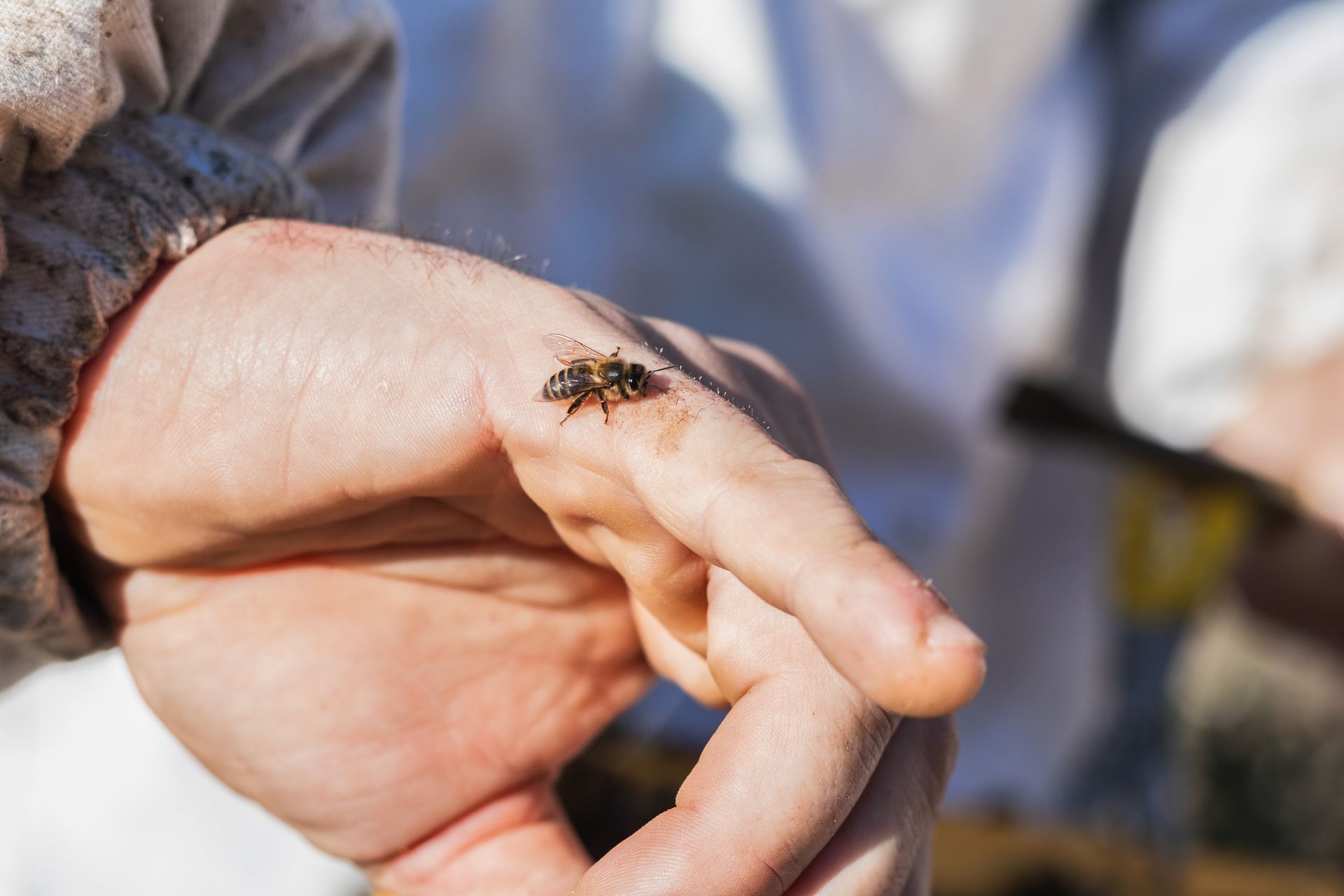
With traditional treatment for food allergies increasing in costs without improving quality of life, those suffering through food allergies are calling for a more innovative approach -- oral immunotherapy.
Food allergies are potentially life-threatening. Affecting up to 8% of children and 2-3% of adults in the United States, food allergies pose a major public health concern and continues to rise. Traditional treatments for food allergies center around strict allergen avoidance along with constant carrying of rescue medications such as epinephrine. However, there’s a new, cutting-edge treatment option becoming available to the masses -- Oral Immunotherapy.
Individuals with food allergies must often carry epinephrine on their person, read labels closely, and live in constant vigilance of what they come into contact with. For example, a common peanut allergy can cost up to
$6,400 a year in healthcare costs, severely diminishing the quality of life for those affected.
This highlights an urgent need for alternative options for those struggling with food allergies. And alternatives are coming about -- currently, peanut oral immunotherapy (OIT) is one of the most investigated alternative options.
What Is Oral Immunotherapy?
For every individual, there is a certain limit, or threshold, of the allergen they can consume. If too much is consumed, that threshold has been breached and an allergic response is triggered. Oral Immunotherapy (OIT) refers to the ingestion of the allergen in a slowly increasing amount to increase the threshold of reaction. For example, a person allergic to peanuts may be given minuscule amounts of peanut protein to introduce the allergen without triggering a response.
This amount is gradually increased over a period of months and under the supervision of a licensed professional. Eventually, the threshold is increased, allowing the allergic individual protection against accidental ingestion of the allergen.
How Immunotherapy Desensitizes Food Allergies
The concept of Immunotherapy revolves around the idea of creating a desensitized state in allergic individuals. This desensitization state relies on the ongoing exposure of the allergen -- with 60-80% of patient studies showing a desensitized state with ongoing therapy.
Some studies have looked into a desensitized state of sustained unresponsiveness -- that is the retention of protective benefits from OIT that is not reliant on ongoing exposure. The two most popular Immunotherapy treatments, peanut and milk, are reported to induce sustained unresponsiveness in approximately
30 to 70+% of individuals. However, this has not been adequately studied.
As of now, it is assumed that some degree of ongoing exposure will be required for the majority of individuals receiving oral immunotherapy.
A Cutting-Edge FDA-Approved Treatment Plan
Peanut oral immunotherapy is one of the most studied experimental therapies and recently launched an FDA-approved product, Palforzia. This product could be a promising option for peanut-allergic patients, as well as improving food allergy-related quality of life in certain individuals. This could mean a complete lifestyle game-changer for both children and adults!
Completing an oral immunotherapy program may help children participate in snack time at school without worrying about ending up in the emergency department or eat packaged foods with ambiguous labeling. Families can venture out to restaurants and adults may attend their friends’ backyard barbecues or grab a drink at a bar that also serves nuts.
However, peanut oral immunotherapy is not without the potential of side effects, including allergic reactions.
More answers to come
When monitoring the effects of oral immunotherapy, the most common side effects involve the GI tract. However, it is not always clear these effects were directly caused by the therapy. Other commonly reported side effects of increasing the allergen dosage too soon include oral itching, rash, hives, and swelling.
As this type of immunotherapy becomes common, many questions will soon be answered.
For instance:
- What will be the exact level of protection?
- Will regular immunotherapy allow individuals to reliably eat precautionary products?
- Will we eventually get an exact and consistent length of treatment and dosage?.
- Will we be able to predict an individual’s response to treatment?
- Will long-term treatment become sustainable?
- Could OIT be combined with another therapy to improve safety and efficacy?
Treatment For Your Specific Food Allergy
While desensitization is successful in the majority of patients, much larger and longitudinal studies are needed in order to evaluate the clinical applicability of immunotherapy. These studies will include long-term effectiveness as well as the effect on the quality of life.
Future research will also evaluate the short- and long-term effectiveness of the therapy, as well as provide predictors of important treatment outcomes. As of now, however, OIT is the leading investigational and marketed treatment for those seeking increased protection from food allergy reactions.
However, scientists know these treatments are not a one size fits all approach. Specific food allergies, health conditions, and more could determine the effectiveness of OIT for certain individuals. As other investigational therapies arise, they may carry different risks and benefits. Ultimately, the choice of treatment will be based on individual and family factors after careful discussion with one’s physician.
Allergy Affiliates Inc, located in Bradenton, Fla., is offering immunotherapy for food allergies. Contact us today to learn about your options.
Contact Us
Monday: 8AM–5:30PM
Tuesday: 8AM–5:30PM
Wednesday: 8AM–4:30PM
Thursday: 8AM–4:30PM
Friday: 7:30AM–4PM
Saturday: Closed
Sunday: Closed
Monday: 8AM–5:30PM
Tuesday: 8AM–5:30PM
Wednesday: 8AM–4:30PM
Thursday: 8AM–4:30PM
Friday: 7:30AM–4PM
Saturday: Closed
Sunday: Closed
Make an Appointment
Contact Us
We will get back to you as soon as possible.
Please try again later.
Contact Us
Tuesday:
- 9:00 a.m. - 12.30 p.m.
- 2:00 p.m. – 5:30 p.m.
Thursday:
- 8:00 a.m. – 11:30 a.m.
- 1:00 p.m. – 4:30 p.m.
Monday:
- 9:00 a.m. - 12.30 p.m.
- 2:00 p.m. – 5:30 p.m.
Wednesday:
- 8:00 a.m. – 11:30 a.m.
- 1:00 p.m. – 4:30 p.m.
Friday:
- 7:30 a.m. – 11:30 a.m.
- 1:00 p.m. – 4:00 p.m.
Make an Appointment
Contact Us
We will get back to you as soon as possible.
Please try again later.










